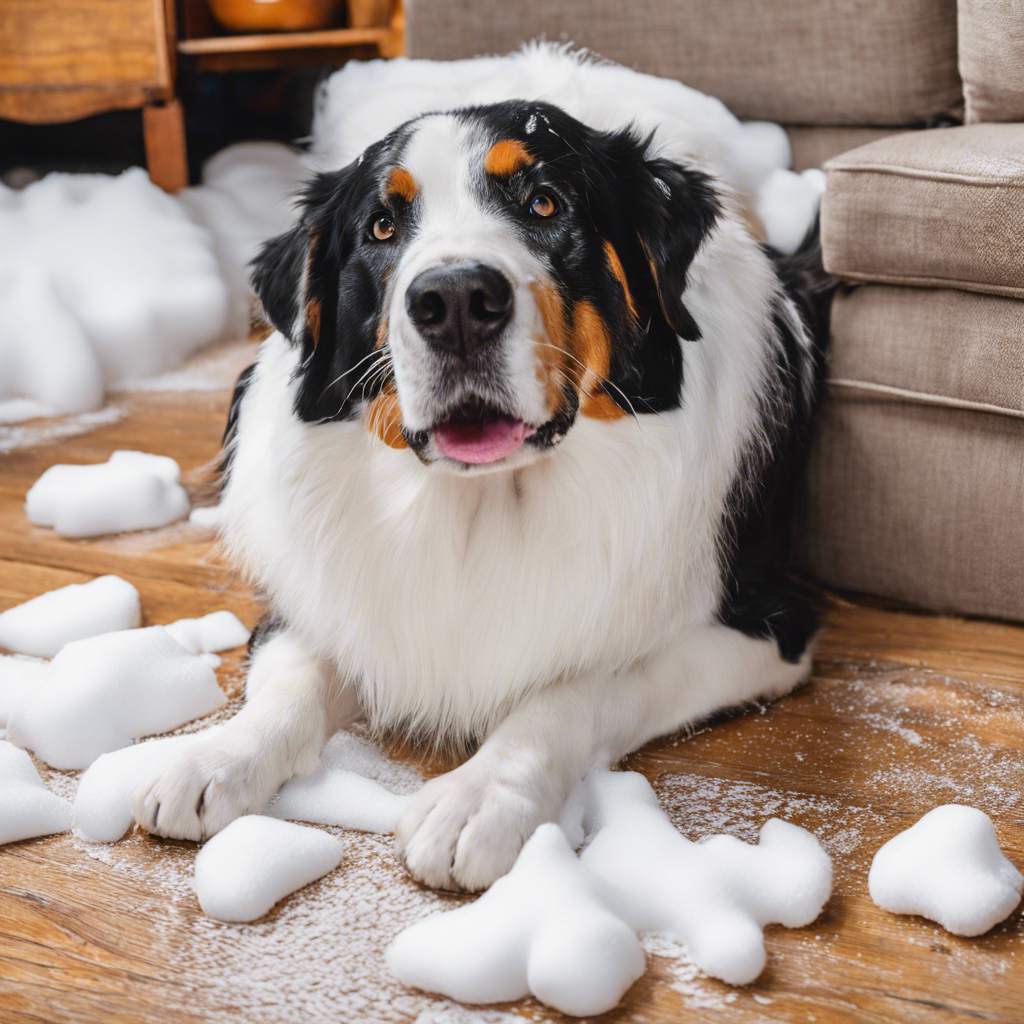Your poor pup, retching and heaving up a gooey mess of white foam. It’s a distressing sight for any dog owner, often leaving us worried and wondering what’s wrong. So, why does this happen? Let’s delve into the possible reasons behind this unpleasant occurrence.
Dogs throwing up white foam is quite common and can have several underlying causes. One of the most frequent reasons is an upset stomach, often due to eating something that doesn’t agree with them. This could be food, but it might also be something non-edible that your dog has gobbled up during their daily adventures. Indiscriminate eaters, our canine companions! Their stomachs, much like ours, can be sensitive to certain foods, leading to irritation and the need to expel the contents, sometimes in the form of white foam.
Another potential cause is excessive swallowing of air, often accompanied by increased saliva production. This can happen when dogs are anxious, excited, or experiencing some form of gastrointestinal distress. The act of gulping down air can lead to a build-up of stomach acids and, consequently, cause vomiting, which may appear as white foam.
Additionally, vomiting white foam can sometimes be a sign of more serious health concerns such as gastrointestinal blockages, kidney or liver disease, or even certain types of cancers. These conditions often come with other symptoms such as lethargy, loss of appetite, weight loss, and behavioral changes.
If the vomiting is a one-off incident, it might just be a simple stomach upset. However, if it persists or is accompanied by other concerning symptoms, it’s crucial to seek veterinary attention. The vet may perform various tests, including blood work, urinalysis, and imaging scans, to identify any underlying health issues that may be causing the vomiting.
To prevent vomiting, it’s essential to monitor your dog’s diet and keep an eye on what they eat during walks. Regular exercise and a balanced diet can help maintain a healthy digestive system. If anxiety or excitement is the culprit, behavior modification techniques and providing a calm environment can be beneficial.
In conclusion, while occasional vomiting of white foam may not be a cause for immediate alarm, it’s always a good idea to keep a watchful eye on your furry friend. Regular veterinary check-ups and being attentive to any changes in your dog’s behavior or health can ensure that any potential issues are caught early, making treatment more effective and improving the chances of a quick recovery.

